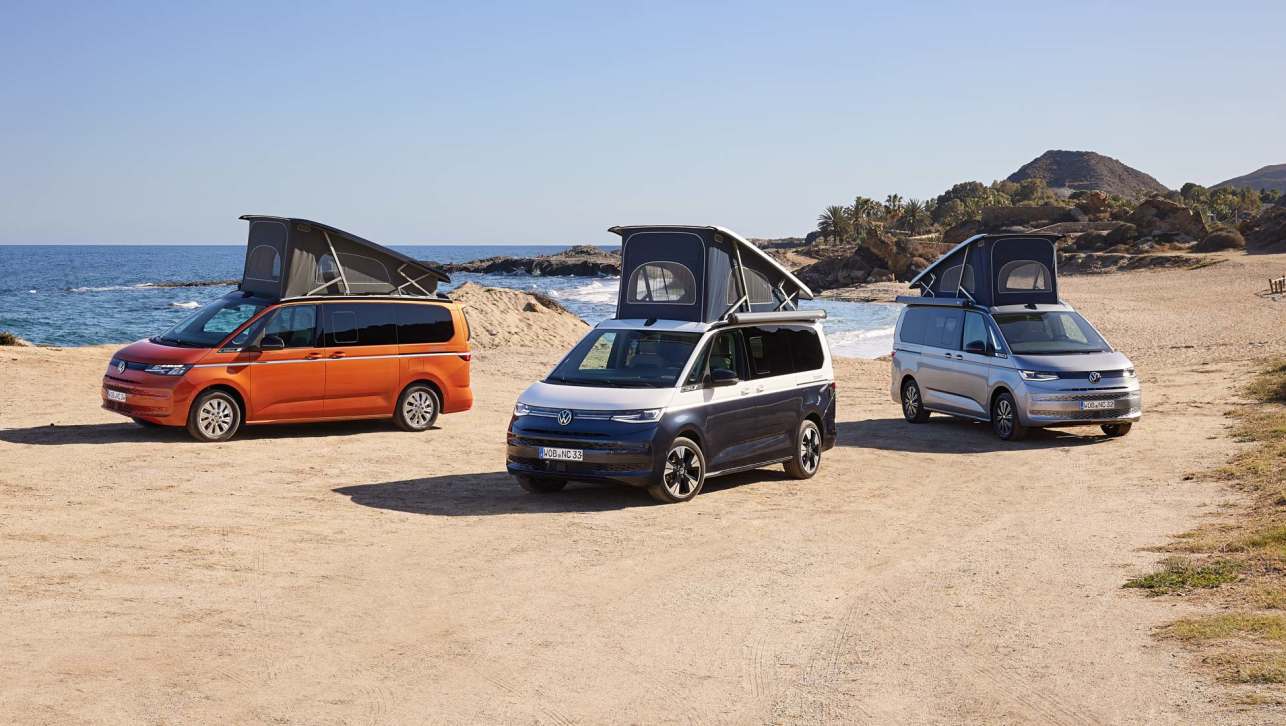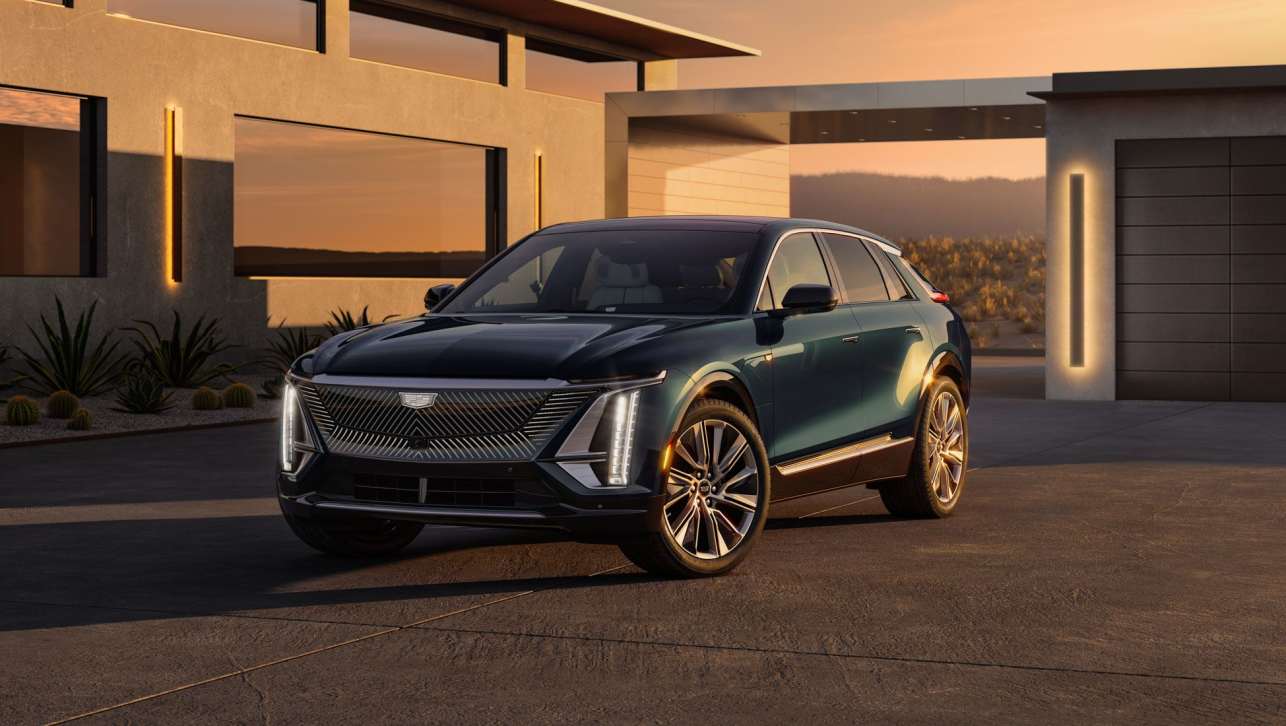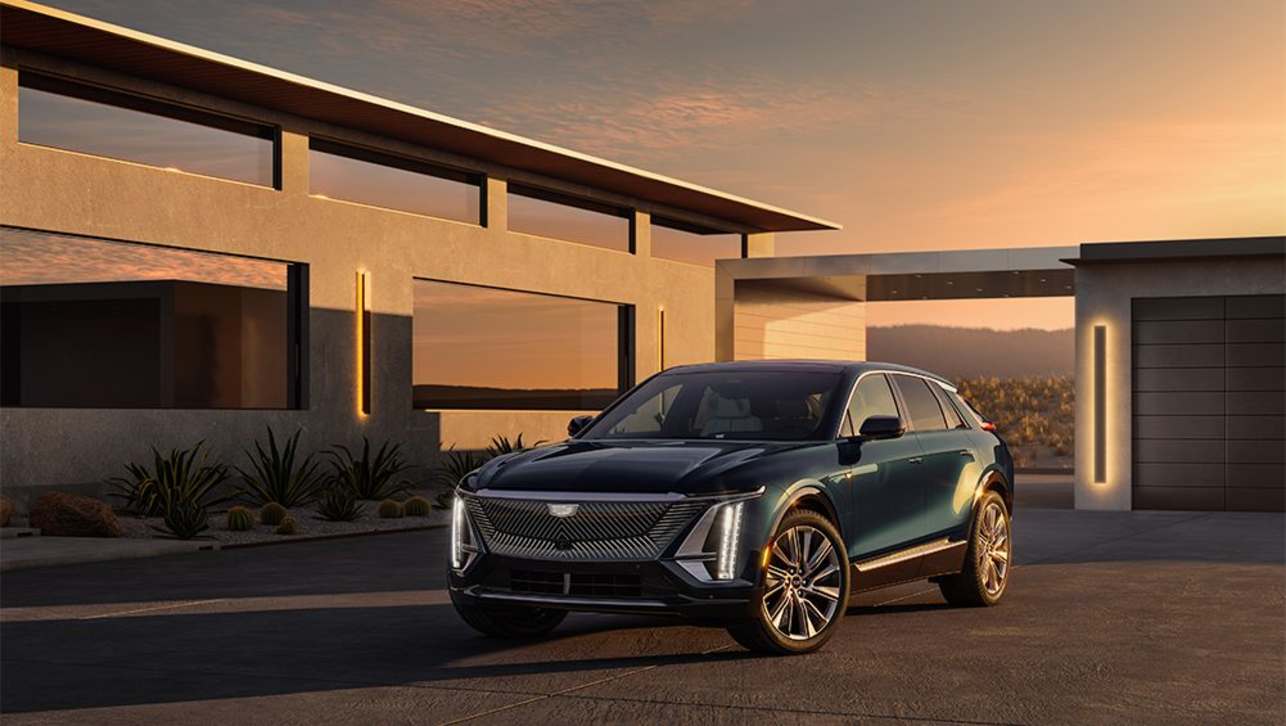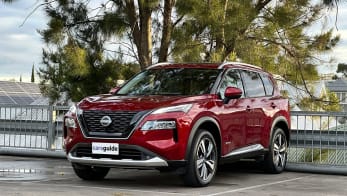As car executives arrive in Shanghai for the biggest car show in the world's largest car market, companies including Volkswagen, General Motors and Toyota are looking for ways to sustain growth in China's increasingly difficult market.
Volkswagen is hoping a swath of new customer service measures will help secure its position as the volume leader and sweeten relations with the Chinese government after it came under criticism from state-run media.
Japan's Toyota, Honda and Nissan face challenges in reversing sales declines stemming from last year's diplomatic row between Beijing and Tokyo over a clutch of uninhabited islands in the East China Sea.
“China is the world's biggest and fastest-growing market. If you don't make it in China, you're likely to remain a second-tier automaker forever,” said Macquarie Securities analyst Janet Lewis. Carmakers are unveiling new vehicles at the high and low ends of the value chain to capture China's increasingly complex market.
To spark Cadillac sales, GM recently launched an advertising campaign featuring actor Brad Pitt and plans to more than double its Chinese Cadillac dealers to 200 by the end of the year. Last year, Cadillac sold just 30,000 vehicles in China. GM said in January that it planned to increase Cadillac sales to 100,000 by 2016.
More than 15.5 million cars were sold in China last year, up 7 per cent from the year before. Foreign brands accounted for more than 60 per cent of sales. But signs of a slowdown in China and increasing competition suggest growth won't come easily for much longer.
China's first-quarter car sales rose a lower than expected 7.7 per cent compared with a year earlier, suggesting the world's No 2 economy hasn't entirely bounced back from a first-half 2012 slowdown. Passenger car sales growth in March unexpectedly slowed to 13 per cent, according to a semi-official industry group, from a 20 per cent gain in the first two months of the year.
The industry faces other challenges. Beijing wants domestic brands to achieve a 40 per cent share of the market by 2015. Some industry observers say that increased government pressure on global carmakers is a result of Beijing's frustration that China's efforts to produce world-class domestic carmakers are lagging.
Volkswagen pledged to improve its customer service practices in China, invest more and create new jobs. In March, the powerful state-run China Central Television criticised the German carmaker, saying it failed to properly address consumer concerns about faulty direct-shift transmissions in VW cars.
Shortly after, the company announced a recall of more than 380,000 vehicles at a cost analysts estimate at $US618 million ($600m). VW said it had established two taskforces, one to oversee the recall and another to work long term on quality in China. It also said it would add 25,000 workers in China by 2018.
Additional reporting by MICHAEL RAMSEY



.jpg)
.jpg)


.jpg)
.jpg)






.jpg)




.jpg)
.jpg)





Comments